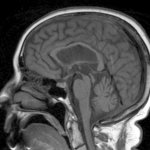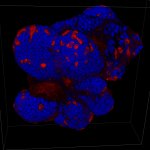
News • Mass spectrometry
SCIEX announces first FDA-cleared Vitamin D assay kit
SCIEX Diagnostics, the in vitro diagnostics division of SCIEX, a global leader in mass spectrometry in the life sciences industry, announced the first and only FDA-cleared (via the de novo pathway) LC-MS based Vitamin D assay kit, the Vitamin D 200M Assay, exclusively for the SCIEX Topaz System. The Topaz System is a fully integrated LC-MS platform driven by ClearCore MD, the new and intuitive…

























